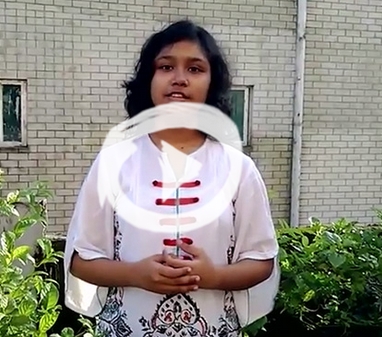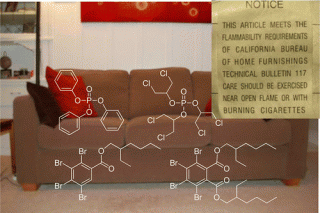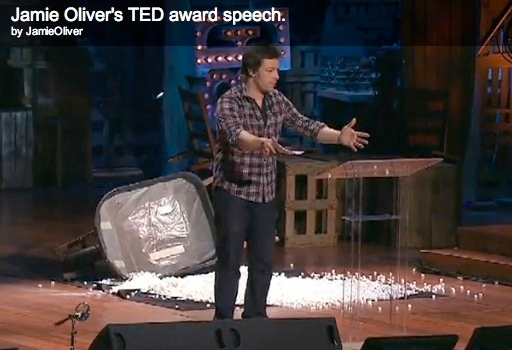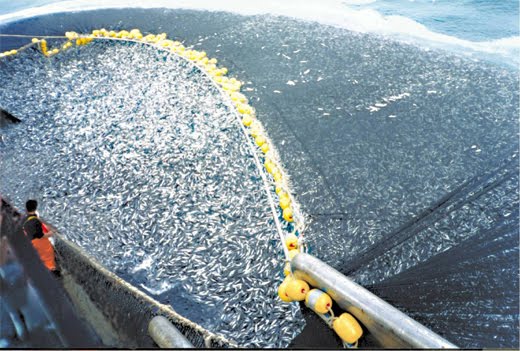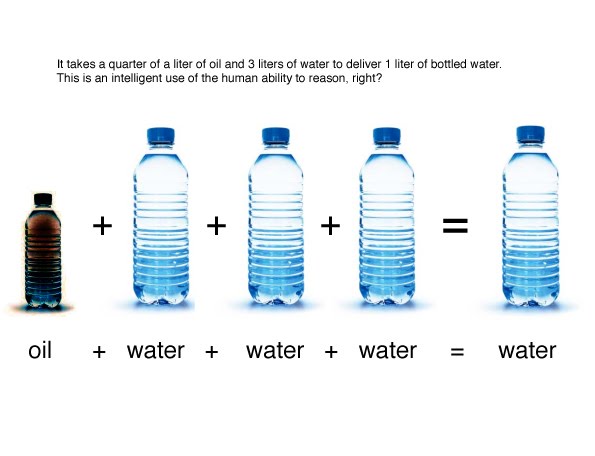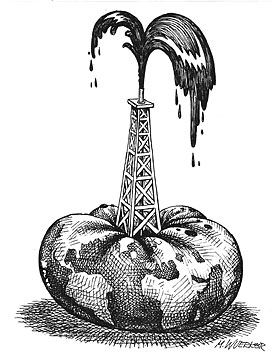If you haven’t already viewed my post “The Story of Stuff“, I would highly recommend it. This video is from the same people and and is narrated by Annie Leonard as well. Below is a blog post from Annie Leonard discussing the premise of their latest video. And of course you can view the video below as well ;-)
I used to think the truth would set us free. Like many who care about the environment, I spent years thinking that information would lead to change. So I wrote reports, gave speeches, even testified before Congress.
Some things changed. Sadly, the big picture didn’t.
For a long time I couldn’t understand why. Now I’ve realized that it isn’t because we don’t have enough data, white papers or experts to tell us we’re in trouble. The problem is we’ve forgotten what it takes to make change.
My new movie, The Story of Change, argues that’s partly because we’ve gotten stuck in consumer mode.I’ve come to see that we have two parts to ourselves; it’s almost like two muscles – a consumer muscle and a citizen muscle. Our consumer muscle, which is fed and exercised constantly, has grown strong. So strong that “consumer” has become our primary identity, our reason for being. We’re told so often that we’re a nation of consumers that we don’t blink when the media use “consumer” and “person” interchangeably.
Meanwhile, our citizen muscle has gotten flabby. There’s no marketing campaign reminding us to engage as citizens. On the contrary, we’re bombarded with lists of simple things we can buy or do to save the planet, without going out of our way or breaking a sweat.
No wonder that faced with daunting problems and discouraged by the intransigence of the status quo, we instinctively flex our power in the only way we know how – as consumers. Plastic garbage choking the oceans? Carry your own shopping bag. Formaldehyde in baby shampoo? Buy the brand with the green seal. Global warming threatening life as we know it? Change your lightbulb. (As Michael Maniates, a professor of political and environmental science at Allegheny College, says: “Never has so little been asked of so many.”)
Now, all of those are good things to do. When we shop, it’s good to choose products without toxic chemicals and unnecessary packaging, made by locally-based companies that treat their workers well. But our real power is not in choosing from items on a limited menu; it is in determining what gets on that menu. The way to ensure that toxic, climate-disrupting choices are replaced with safe and healthy alternatives – for everyone, not just those who can afford them – is by engaging as citizens: working together for bigger, bolder change than we could ever accomplish as individual consumers.
Look back at successful movements – civil rights, anti-apartheid, the early environmental victories – and you’ll see that three things are needed to make change at the scale we need today.
First, we need a Big Idea of how things could be better – a morally compelling, ecologically sustainable and socially just idea that will not just make things a little better for a few, but a lot better for everyone. Millions around the world already have that idea: an economy based on the needs of people and the planet, not corporate profit.
Second, we need a commitment to work together. In history’s most transformative social movements, people didn’t say “I will perfect my individual daily choices,” but “We will work together until the problem is solved.” Today, it’s easier than ever to work together, online and off.
Finally, we need all of us who share that Big Idea to get active. We need to move from a place of shared concern, frustration and fear to a place of engaged citizen action. That’s how we build the power to make real change.
We have to aim high, work together and act boldly. It’s not simple, and it won’t be easy. But history is on our side. Let’s get to work to make the kind of change we know is possible.
